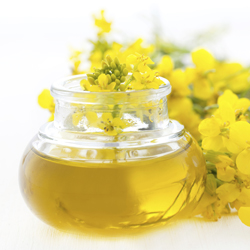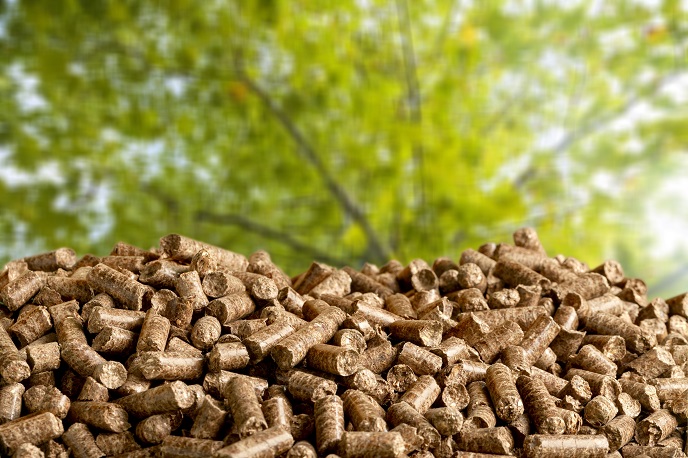Optimising vegetable oil processing for health
Focusing on three oils popular in European kitchens – sunflower, rapeseed and soybean – Optimoils aimed to optimise processing to improve recovery of beneficial oils. Valuable in preventing cardiovascular risk, oils liable to be lost include phytosterols, phospholipids, tocopherols, phenols and co-enzyme Q10. Softening refining conditions would not only increase food value but reduce the environmental impact by cleaning up the waste stream. Another beneficial outcome could be a reduction in cost of production. Optimoils tested the so-called ‘optim'oils’ for taste, smell, quality, stability and safety. Domestic kitchen applications tested included emulsification while sauce-making, crystallisation in margarines, pan and deep frying as well as oxidation stability during storage. Project results showed that reduction of crushing and refining optimised the targeted micronutrients and reduced production costs. Sensorial qualities of the soybean and sunflower oils were acceptable but taste of the rapeseed oil remained strong. In parallel, as expected, energy costs were reduced. The number of by-products was reduced. A new approach for valorisation of one of the commercial spin-offs of oil refining, the deodistillate, was developed. This particular by-product was obtained as a result of deodorisation of the oil. A study on an animal model demonstrated benefit of all three optim'oils as regards relief of oxidative stress. Furthermore, a long-term clinical study showed that a rapeseed optim'oil enriched with antioxidants could protect human lipids from peroxidation, the process whereby free radicals take electrons from lipids in membranes resulting in cell damage. Vegetable oils rich in polyunsaturated fatty acids are recognised to be healthier overall than saturated fats. If the element of protection against oxidative stress can be increased, it's very good news for consumers and healthcare authorities.







